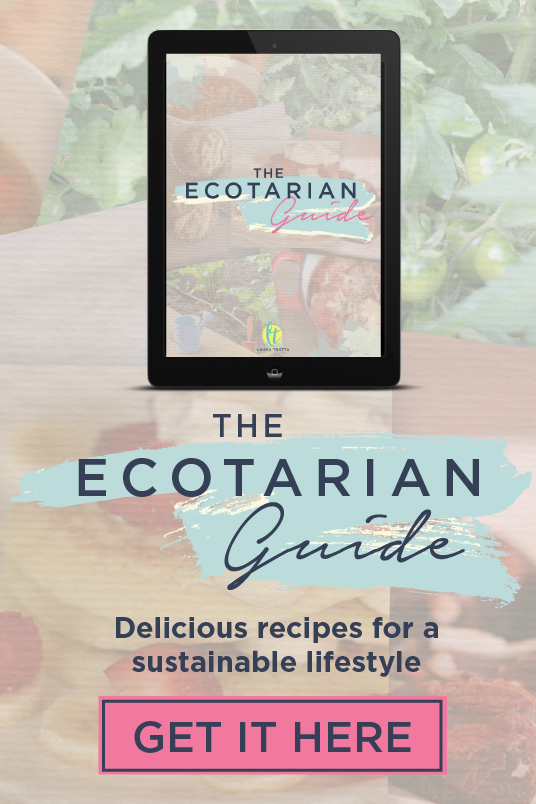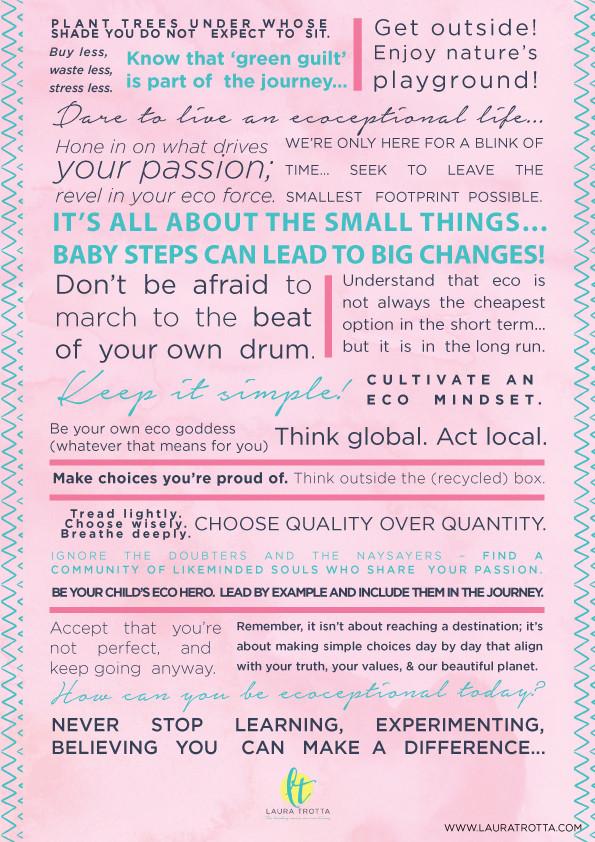7 Reasons to Keep Chickens
Well hasn’t this past week been a storm in an egg cup!!
If you’re in Australia and have been following the media recently you’ve no doubt noticed all the kerfuffle over eggs. Supermarket chains selling caged eggs have come under fire and the degree of greenwashing going on by brands labelling their eggs as free range, when they’re anything but, has once again come to the fore.
Podcast: Play In New Window
Supermarket chain Aldi in particular has been under intense fire!
Animals Australia and angry consumers have taken to social media to voice their disappointment and apply pressure to get the supermarket chain to phase out the sale of caged eggs in its stores.
Animals Australia said it was time Aldi joined other companies in Australia which have committed to, or are in the process of, phasing out caged eggs including Woolworths and numerous IGA and Foodworks stores.
What’s The Problem With Caged Eggs?
When we’re busy going about and living our day to day lives it’s hard to picture what a caged egg facility looks, sounds and even smells like. But basically, it’s overcrowded cages jam packed with stressed out hens. A situation that doesn’t weigh lightly on a conscious consumer’s conscience.
Chickens instinctively form small social groups in which there’s a pecking order, but in overcrowded conditions, such as cage farms, these behaviour patterns break down and birds often attack each other. Packs of bully birds can form and terrorise the others.
Producers often trim the hens’ beaks to prevent them injuring (or killing) weaker birds, a practice that’s allowed under the Egg Corp Assured scheme and by the RSPCA, but it is prohibited by the Australian Certified Organic standards.
It’s no wonder that growing numbers of the public are saying no to caged eggs.
A couple of years ago we actually adopted three hens from Edgar’s Mission. Our hens were among hundreds who had been rescued from a battery hen farm in Victoria that had been closed down for welfare reasons. When we collected our girls they were weak, missed many feathers, had their beaks trimmed and were quite visibly traumatised.
It didn’t take them long to settle into our garden and they plumped out, happily clucked and bathed in the dirt and produced a never ending supply of eggs. They also became super friendly, didn’t mind being cuddled by our boys and seemed to really appreciate their new home.
What’s The Issue With Free Range Eggs?
But it’s not just caged eggs that have been in the spotlight this week, free range eggs have also come under the hammer and rightly so, because in many instances, consumers just aren’t getting the ethical eggs they think they’re buying.
In the absence of a national standard for free-range eggs (apparently there is one on the way), we’re being sold eggs under the free range label that do not meet our expectations.
The Model Code of Practice for the Welfare of Animals: Domestic Poultry is a voluntary national guide to the poultry industry that states that the maximum outdoor stocking density for free-range layer hens is 1500 birds per hectare.
Despite this recommendation, many commonly available “free range” brands do not adhere to this, with some brands keeping as many as 20,000 chickens per hectare (source).
In many cases we’re buying eggs from chickens we believe are roaming freely, have access to the outdoors and are not confined to cages but this is far from the reality.
Chickens have basic behavioural needs that include having space to stretch and flap their wings, being able to dust-bathe and forage and having a secluded nesting place in which to lay their eggs. When these basic needs aren’t met, chickens get stressed.
Traditional free range standards are designed to meet these needs but there’s concern they’re being compromised by large-scale production systems.
According to a June 2015 CHOICE Report, 213 million eggs were sold as free range in 2014 that didn’t meet consumers expectations of free range. In this report CHOICE also recommends a consistent display of stocking density on free range egg products, which would be fantastic if it were adopted.
To assist consumers, CHOICE have also developed the Choice Free Range Egg Buying Guide. You’ll be surprised and perhaps horrified to discover that eggs labelled “Free Range” by popular brands like EcoEggs, Farm Pride, Pace Farm, Woolworths Select, Coles and Foodland do not meet the Model Code.
7 Reasons to Keep Backyard Chickens
If the dodginess of the egg industry disgusts you and you’ve wanted to own chickens but thought it wasn’t possible because you live in a large city, think again. Even a small flock of hens can keep your family in good quality egg supply and provide a myriad of other benefits.
We’ve been keeping chickens for over a decade now and can’t imagine life without them!
Here are my top seven reasons why you too should consider keeping backyard chickens:
1. You Will Never Buy a Dodgy Egg Again
It goes without saying that the only way to get around the misleading labelling of the egg industry is to have your own chickens. The only downside with having your own fresh supply that every other egg will taste inferior from now on!
Our three girls currently supply us with just under two dozen ethical eggs a week which is plenty for our growing family.
2. FREE Pest Control
Chickens love to eat protein-packed insects and grubs and have even been known to eat mice! They also will munch through a wide selection of weeds and are the best free labour around for the home organic vegie gardener!
3. FREE Nutrient-rich Garden Fertiliser
The best gardeners know that quality food is produced from the best quality soil. You simply can’t go past chickens as one of the best natural garden bed preparers around. They’re experts at mixing the top layers of soil with compost or other mulches to transform marginal soil into nutrient rich fertile garden beds.
While chook poo provides your plants with more nitrogen, potassium and phosphorus than any other manure, there is a catch. Raw chicken poo is “hot” and can burn or kill your plants. You can avoid this by turning it into compost before you apply to your garden. Simply collect the manure and bedding from your coop, add it to your compost bin, water it and turn every few weeks. Depending on the composting conditions, after 6-12 months you will have the best quality compost around. Alternatively, move your chicken coop throughout your garden and rest soil for a season before gardening in that patch.
4. Eliminate Food Waste!
Laying hens have a massive appetite for fresh water and food and will happily devour most food scraps you provide them. On an aside note, having chickens alone has helped our sons eat their healthy dinner (rather than watching it going to the chickens!)!
5. You Will Live Longer
Studies have shown that those of us with pets live happier, healthier and longer lives. It’s all attributed to the love hormone oxytocin that’s released when you pet or hug your animal. Where most people think of cats and dogs as the best companions, I beg to differ. Not a day passes without my boys going into the chicken coop to pet and talk to his chickens. He makes them happy and they make him happy and no one can argue with that!
6. You Can Help Save a Species
Sadly not all chickens were created equal. High intensity food production in recent decades has led to our high-producing battery hens becoming the chicken of choice. By owning beautiful and rare heritage breeds you can help to preserve genetic material that may be vital to save the poultry industry one day if a disease swept through and wiped out our standard breeds.
Of course to really help you will need a rooster so you can make baby chickens. Many local councils prohibit residents from owning roosters so breeding rare chicken breeds is best left to the hobby farmer or country dweller.
7. Chickens are Great for Kids
Chickens make wonderful companions for children. Daily tasks such as collecting eggs, taking out food scraps and replacing fresh water can all be done by young children which in turn, teaches them about contributing to the household and looking after animals. Your child’s immune system, mental health and happiness will also benefit from owning feathered friends.
If you’re a keen home cook or organic vegie gardener who doesn’t yet own hens, why not invest in a small flock this year so you can start reaping the many benefits.
Over to You!
If you already have a flock of hens, share below what you LOVE about keeping chickens!
Like this post? You’ll also love:
How To Grow Your Own Food in Small Spaces
Five Things to Consider When Planning Your Organic Vegetable Garden
Which Animal Poo Is the Best Fertilizer for Your Garden?
Podcast: Play in new window | Download
- Sustainable Home Design- factors to consider to maximise sustainability - July 28, 2022
- Advantage and Disadvantages of Tiny Houses - May 31, 2022
- How School Strike 4 Climate is Empowering Youth to Fight for Their Future - May 1, 2022


 Laura Trotta is one of Australia’s leading home sustainability experts. She has a Bachelor of Environmental Engineering, a Masters of Science (in Environmental Chemistry) and spent 11 years working as an environmental professional before creating her first online eco business, Sustainababy, in 2009. She has won numerous regional and national awards for her fresh and inspiring take on living an ‘ecoceptional’ life (including most recently winning the Brand South Australia Flinders University Education Award (2015) for the north-west region in SA and silver in the Eco-friendly category of the 2015 Ausmumpreneur Awards). With a regular segment on ABC Radio and with her work featured in publications like Nurture Parenting and My Child Magazine, Laura is an eco thought leader who’s not afraid to challenge the status quo. A passionate believer in addressing the small things to achieve big change, and protecting the planet in practical ways, Laura lives with her husband and two sons in outback South Australia.
Laura Trotta is one of Australia’s leading home sustainability experts. She has a Bachelor of Environmental Engineering, a Masters of Science (in Environmental Chemistry) and spent 11 years working as an environmental professional before creating her first online eco business, Sustainababy, in 2009. She has won numerous regional and national awards for her fresh and inspiring take on living an ‘ecoceptional’ life (including most recently winning the Brand South Australia Flinders University Education Award (2015) for the north-west region in SA and silver in the Eco-friendly category of the 2015 Ausmumpreneur Awards). With a regular segment on ABC Radio and with her work featured in publications like Nurture Parenting and My Child Magazine, Laura is an eco thought leader who’s not afraid to challenge the status quo. A passionate believer in addressing the small things to achieve big change, and protecting the planet in practical ways, Laura lives with her husband and two sons in outback South Australia. 


